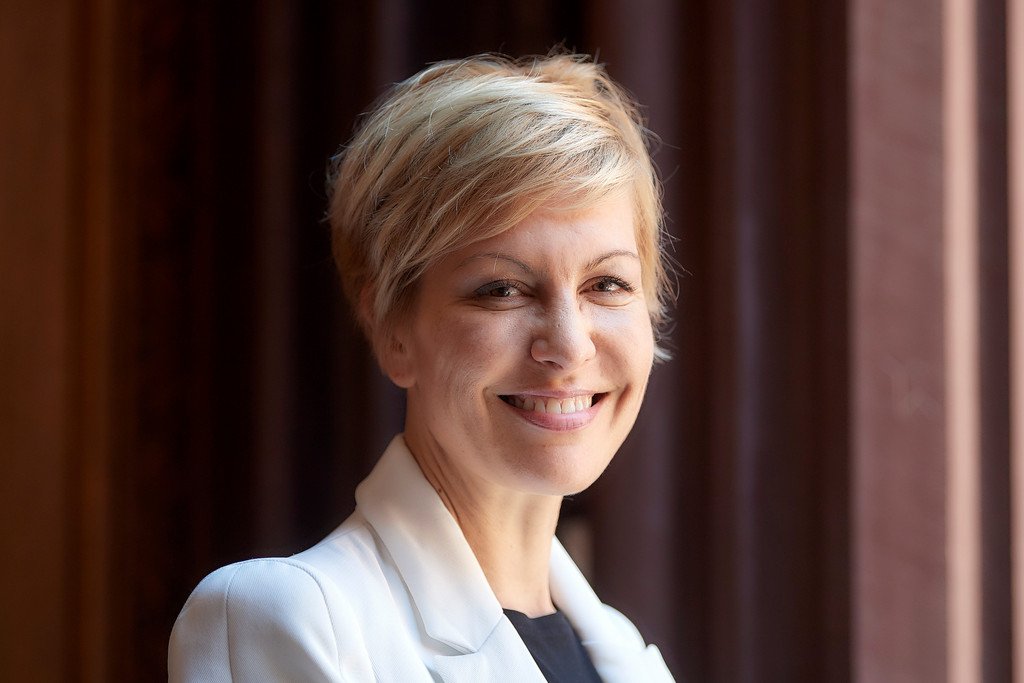Founded in 1917 during the Great War by a group of people from Basel, the Foundation for Swiss Children Abroad initially aimed to host young Swiss Abroad living in war-torn countries where there were shortages and restrictions.
In its current form, it organises several holiday camps each year to give Swiss children abroad the opportunity to get to know and appreciate their native country.
The memory of the internment of Bourbaki’s army in 1871 was still very much alive in 1917. This welcome, which was remarkable for the solidarity it signified, meant that several generations of Swiss people saw it as their duty to help people in war-torn countries. One member of a family, which offered to take in a “child victim” on the spur of the moment in 1917, recalled in 2001 that his father had witnessed the arrival of Bourbaki’s army in Switzerland during his youth.
During the First World War, children in the nations at war were extremely vulnerable. They suffered terrible conditions, were malnourished, poorly clothed and often badly educated. Switzerland began taking in children from regions blighted by war very early on in the conflict. By this time many Swiss had emigrate to elsewhere in Europe. Their children suffered just as much as those in the countries where they were living. A decision was made to come to their aid. In 1917, a handful of philanthropists from Basel welcomed 280 Swiss children from Germany. The Swiss Confederation met the costs. This marked the birth of the Foundation for Swiss Children Abroad, which survived thanks to donations, grants and volunteer work.
When peace returned, awareness of the needs of children in the regions devastated by war gave rise to the establishment of the International Save the Children Union in Geneva in 1920. This was followed by the Geneva Declaration of the Rights of the Child in 1923. In 1924, in cooperation with Pro Juventute, around 3,000 children were welcomed to the holiday camps. They came from big cities and very poor areas where children’s illnesses were rife and tuberculosis was prevalent.
At the end of the 1920s, the foundation almost disappeared due to a decline in donations, funding and hosts. The economic crisis of the 1930s saw needs resurface. While Switzerland was also affected, it took in Swiss children from deprived backgrounds in Paris, Berlin, Hamburg and Brussels during this difficult period. Benefiting from the patriotic spirit that emerged with the national exhibition in 1939, the Foundation gradually transformed itself into a fundraising organisation, enabling Pro Juventute to organise holiday camps and accommodation. These two partners ratified their cooperation by signing an agreement on 13 January 1940.
The situation during the Second World War was very different to that during the Great War as this time Switzerland was encircled. Families continued to host Swiss children in poverty but the Foundation also started to organise trips to Switzerland. Throughout the war, this enabled a growing number of Swiss youngsters from bordering countries to visit places of significance or importance in the country. In 1942, for example, 330 children from Germany, France, Italy and Hungary obtained the visas required thanks to the efforts of Heinrich Rothmund, the director of the federal aliens’ police division and in other respects a very controversial figure. The first ski camp was organised in 1944. It was visited by General Guisan.
www.sjas.ch







![[Translate to English:]](/fileadmin/_processed_/c/2/csm_online_Revue_2502_SC-Webinar_a26f678026.jpg)


Comments